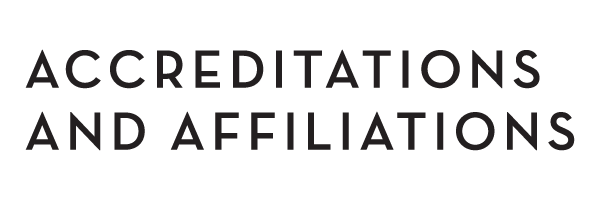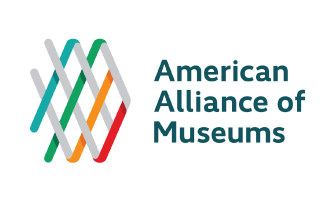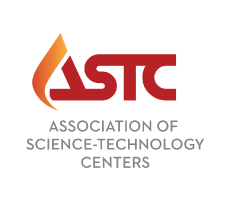Published December 4, 2019
Guest blog: Recovering from substance use disorder is possible
By Brandon George, executive director of the Indiana Addiction Issues Coalition
Let’s talk recovery.
Having struggled with nearly every type of substance use disorder, I know addiction intimately.
At the end of my active use, I was alone. Even my brain eventually betrayed me. Long-term use perverted my reward system into telling me that attaining and using drugs was more important than everything else – more important than work that provided security, more important than relationships that provided community, and more important than my family members who provided love.
Extensive justice involvement, unemployment, homelessness – and people dying – is what I was experiencing.
Every once in a while, I flash back to my last arrest. I had multiple DUIs, but it was the first time I didn’t pull over for law enforcement. That 11-mile car chase could have killed someone’s loved one – all because I was scared to go into withdrawal in jail.
But no more. No more car chases into downtown. No more DUIs.
Now, I’m just one of many cars hustling into work. Today, instead of figuring out how to put together a few dollars in order to get my fix to make it through the day, I’m trying to figure out how to help put together plans to get our state well.
I work with a great team from a variety of backgrounds, who are passionate and have overcome their own adversities to get where they are. We get to give back to our communities and are examples that recovery is possible.
Over the last two years, a lot has happened in Indiana, and it’s been humbling to be a small part of the progress.
Treatment has been expanded by state efforts. Organizations like Overdose Lifeline are educating people and getting naloxone into communities, and syringe service programs are in place to help curb HIV/Hep-C transmissions.
Indiana Addiction Issues Coalition (IAIC) was formed in 1999 as a grassroots statewide advocacy organization, with a mission to promote recovery through advocacy, public education and service.
The climate around substance use disorder has changed because of the overdose epidemic, so the role of IAIC has adjusted as well. While still true to its grassroots nature, a massive gap existed in macro-level advocacy, creating a need to work intimately with various branches of government to instill recovery-informed legislation and policy.
We built the Indiana Recovery Network, a recovery infrastructure to connect recovery organizations throughout the state. This included helping more than 15 recovery organizations get off the ground.
I’m especially proud of the role we have been able to play in turning response efforts from short term to long term. Getting recovery coaches trained and into the workforce throughout the state has been vital to new programs in emergency departments, jails and quick response teams. This culminated in the creation of a statewide peer association, the Indiana Association of Peer Recovery Support Services.
Most importantly though, IAIC works with those in recovery who want to help others get into recovery.
My team and I also get to work on projects today that I would have never dreamed possible before.
We work with Gov. Eric Holcomb’s office creating public service announcements, and we assist in expanding access to treatment in jail. We work with Dr. Kristina Box, Indiana’s state health commissioner, to collect recovery data, and Supreme Court Chief Justice Loretta Rush to train the judiciary – just to name a few things we do.
I’m excited that we get to add the Indiana State Museum to the list of partners we are working with. The museum has taken notable steps, like working with the recovery community, to make sure the upcoming “FIX: Heartbreak and Hope Inside Our Opioid Crisis” exhibit is done appropriately and in a manner that serves to help our communities understand substance use disorder.
I am full of gratitude every day as I drive into downtown Indianapolis on I-70, knowing I have an opportunity to help a community that I took so much from. I even get to work with Judge William Nelson today, the same Marion County judge who presided over my last charges from failing to pull over.
I get to do all this today because of one reason: recovery.
My brain no longer betrays me like it once did. My joy comes from spending time with my wife and daughters, not satisfying screaming opioid receptors. My relationships are the biggest benefit of recovery by far: relationships with my family, relationships with community, but most importantly, the relationship I have with myself.
Recovery. Is. Possible.









